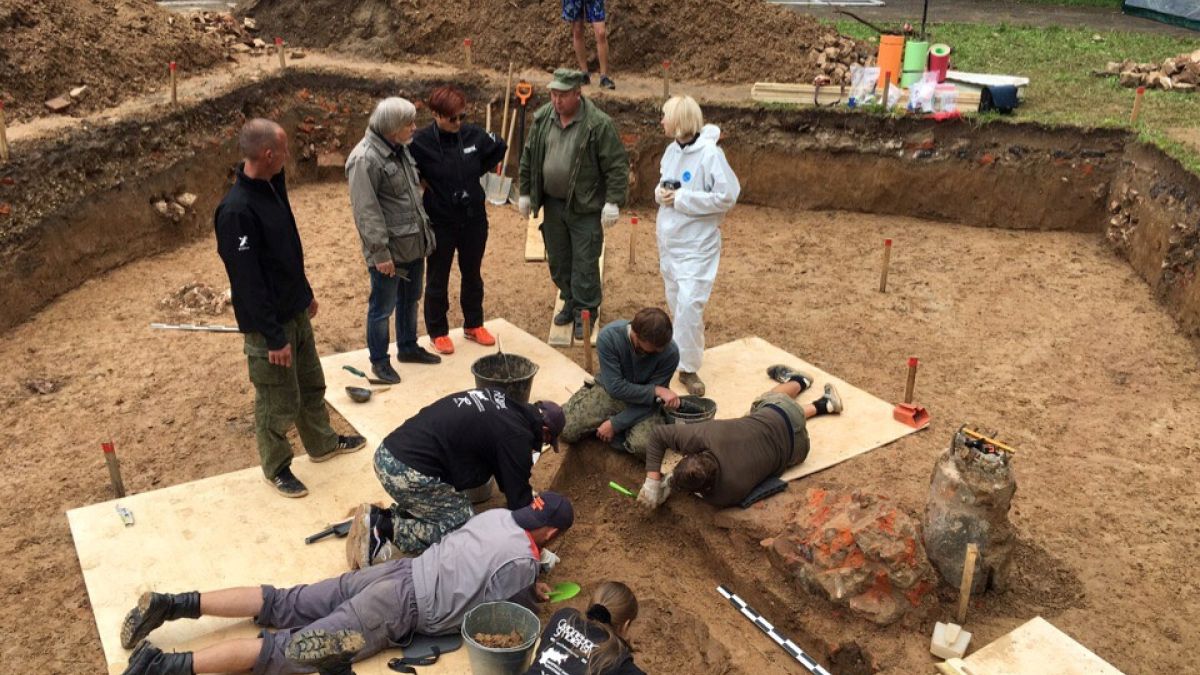General Charles-Etienne Gudin was killed on the battlefield in 1812 during the French Emperor's doomed invasion of Russia.
Remains thought to be General Charles-Etienne Gudin — one of Napoleon Bonaparte's favourite military commanders who died more than 200 years ago during the French Emperor's doomed invasion of Russia — were unearthed last week, according to a team of French and Russian archaeologists.
Gudin died on the battlefield in Russia on August 22, 1812, at the age of 44, after being hit by a cannonball. Archaeologists believe that the remains, found in a coffin buried in the Russian city of Smolensk, around 400km west of Moscow, could be his.
A DNA test will be carried out to remove any doubt — a procedure that can take several months.
But records from the period, including Napoleon's memoirs, which indicate that one of Gudin's legs had to be amputated above the knee, match the remains found.
For archaeologist and historian Pierre Malinovsky, who played a central role in the discovery, it is the culmination of a long period of research. He took to social media to describe the find as "a historic day" as well as "one of the biggest days of my life".
After his death, Gudin's heart was collected and placed in a chapel at the Pere Lachaise cemetery in central Paris.
Napoleon, who attended the Brienne school at the same time as Gudin and who is said to have cried upon hearing of his death, also ordered his name be inscribed on the Arc de Triomphe.
